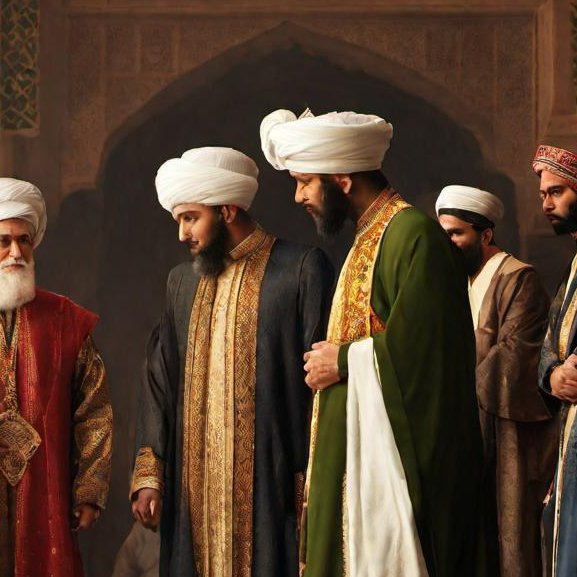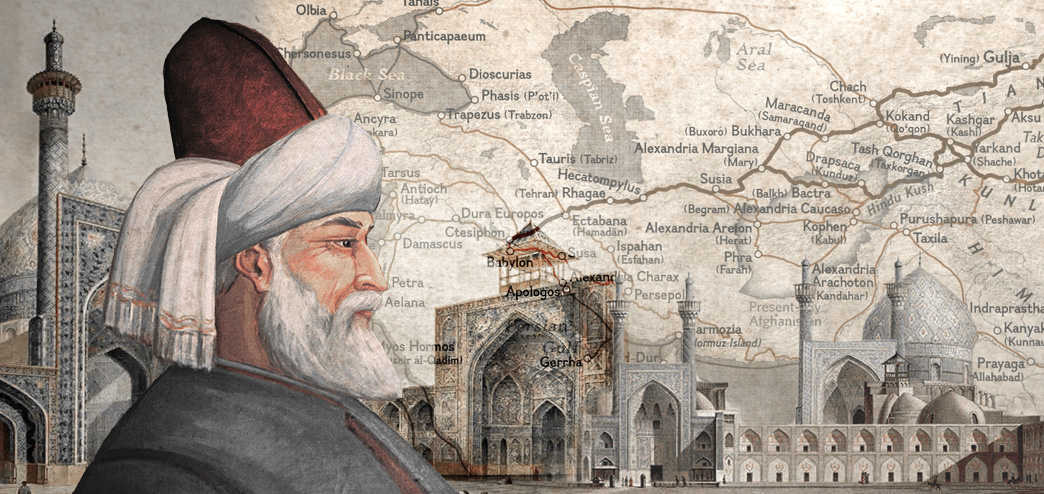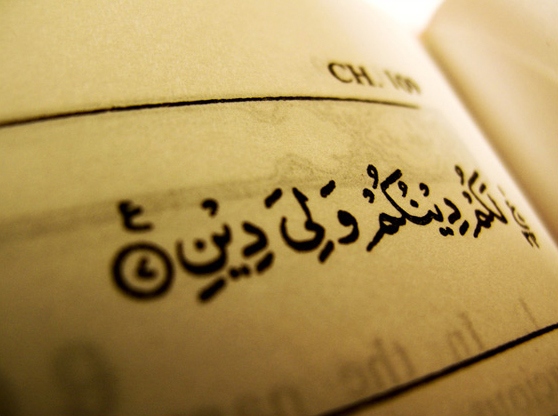Music has moved every human heart in history to joy, to despair, and everything in between. At its core, music is completely infectious. Below, we explore the divine origin myths of music in the Islamic mystical tradition.
Music originated with the very birth of the universe. In the Qur’an, God commands the universe to ‘be!’ (‘kun’) and in that instant, the world is born: “The Originator of the heavens and the earth. When He decrees a matter, He only says to it, “be”, and it is.” (2:117)
The divine resonances of ‘kun’ brought the world into being. And the reverberations of this creative Word now resonate in all creatures. Ultimately, this sound became the essential and divine essence of each individual—a piece of God that guides every soul back to Him.
When the soul of Adam was created, it is believed that it refused to enter the mortal body. In place of the soul, it is said angels entered in the body of the first man. And there they engaged in a mystical concert (samā’) of ecstasy where praises of God were passionately sung.
Adam’s soul, as a result, fell deeply in love with this music and was possessed with only one desire—to follow the angels into the body. The soul pursued after the divine song and became imprisoned in Adam’s body.
So the very first moment of humankind on earth was informed by music. It is only because of the passion induced by music, the ecstasy and joy it brings that the soul of the first man decided to enter a human body. And as such, because of music, mankind was born.
Going further, when God addressed Adam for the first time, he asked: “Am I not your Lord?” Seized with ecstasy by the sound of these words, Adam replied, “Yes, I testify to it.” This primordial covenant (known as mithrāq) is a bond of love and intimacy binding humanity to God.
For many dervishes (members of a Sufi fraternity), this covenant became a sort of divine ecstasy. The sound of music in the echo of this word (“alast”) and this covenant was a celestial rhythm binding the individual with God, creation with Creator, and lover with the Beloved.
As a result, dervishes often chant Adam’s reply in the following form: “Yes my Beloved, yes my Lord, yes my Friend” (bale jānam, bale miram, bale dôst). Through the music of this covenant, the soul is constantly yearning to be united with God, to be subsumed in the Divine.
The power of music was also discussed by a 10th-century group of scholars known as the Ikhwân al-Safâ’ (‘Brethren of Purity’). In their exploration, the authors alluded to the ancient 6th-century BC Greek philosopher Pythagoras and his theory of the music of the spheres.
This theory posited that the ratios between the different speeds of the planets and heavenly bodies together produced a beautiful harmony of sounds. However, we do not notice this music because we have heard it since birth and are therefore too well accustomed to it.
The Brethren of Purity wrote of Pythagoras that “because of the purity of the substance of his soul and the sagacity of his heart” and because he was “unsoiled by the stain of bodily appetites,” he succeeded in hearing the sublime sonorities and symphonies of the stars.
Pythagoras was blessed with perceiving the rhythmical harmony of the spheres from which he extracted the principles of terrestrial music. As a result, Pythagoras realised that all earthly music is but an echo of these heavenly harmonies that move in the spheres.
The great Persian poet and mystic Rūmī (1207-73) also touches on the power of music, writing: “The sages say that we have taken these melodies from the rotation of the spheres. It is the sound of the movements of the heavens that men reproduce with their lutes and their voices.”
Music is a divine language that allows us to elevate our souls towards the celestial realm. It is the language of devotion that stirs our hearts to rapture for the heavenly realm. Ultimately, as Rūmi writes: “The House of Love is made completely of music, of verses and songs.”





